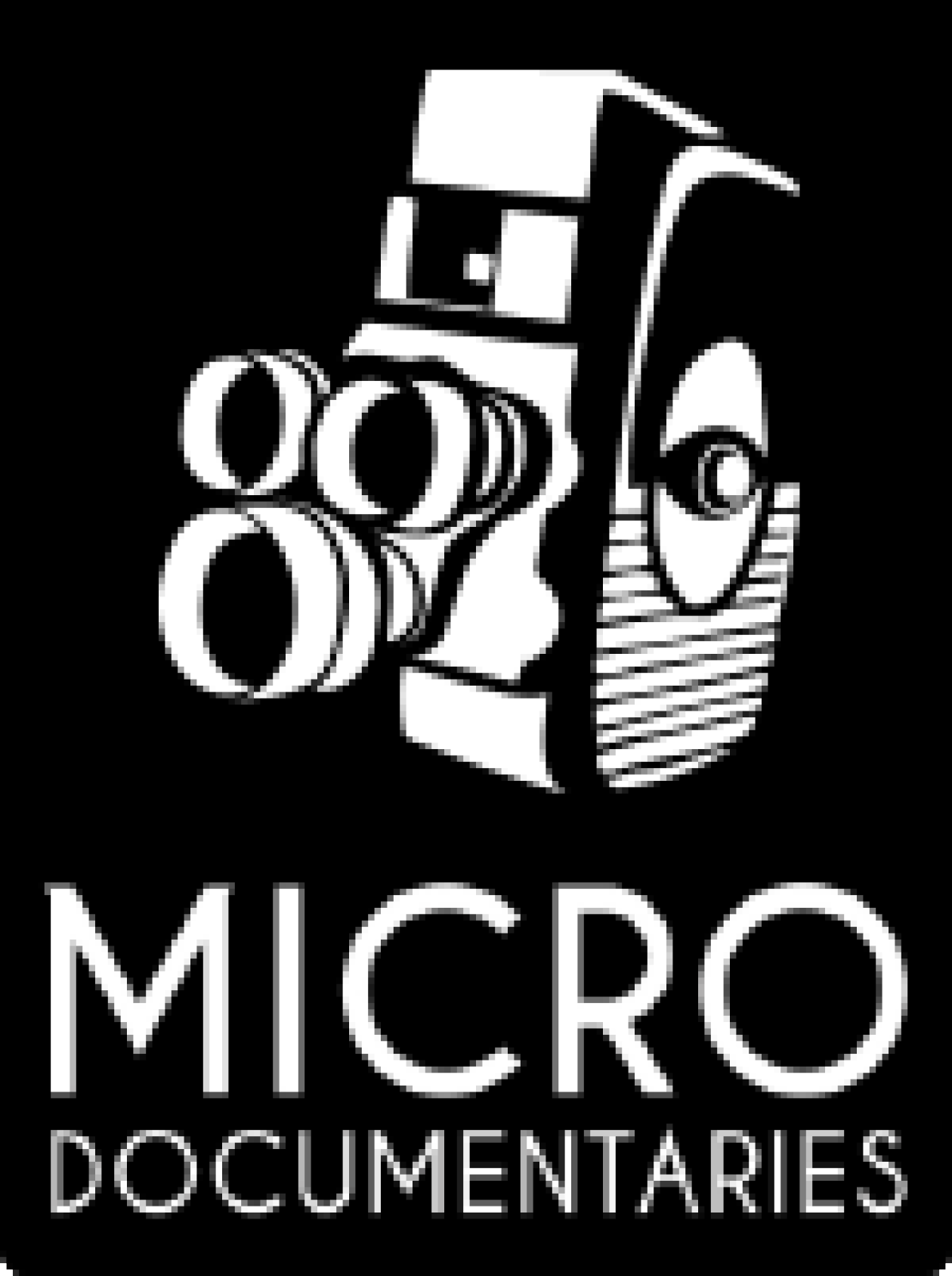You are working to create a better world for all of us. As a social innovator, you have some of the best stories to tell and you understand the power of sharing them. But crafting a compelling story framework and sharing it consistently so that it reaches a large audience in fresh ways that inspire action is tough to do well and can be expensive to execute.
Using examples primarily from the medium of short films that have broken through to large audiences, but applicable to other forms of communications, we will:
- explore the greater possibility for your role as communicator for social innovation
- learn how to cultivate clarity in order to express narratives that go beyond polarization
- develop a public narrative framework for your mission that is more effective than the classic approach of issues and solutions
- practice story-scouting and understand how to prioritize specific stories that can help move your mission forward
- look at possibilities for getting personal and humanizing your vision
- discover strategies for communicating complex matters in bite-size formats
- explore specific channels for reaching significantly more people with your stories
- draft a distribution plan that inspires your audience to take action
- review best practices for affordable, regular video production
Who should attend? Whether you have been a communicator for social innovation for a few years or are a seasoned pro, you are welcome to join us. If you are looking for ways to improve your storytelling skills or learn new strategies for reaching larger audiences in order to advance humanitarian and environmental missions, this workshop is for you. Past attendees have come from foundations, nonprofit organizations, social enterprises and purposeful businesses. Since this workshop assumes attendees have some experience with social innovation communications, it can be considered of an intermediate/advanced level.
Tuition exchange opportunity: We would be happy to waive your tuition if you have a beautiful place to host us (about 20-30 people). Please let us know here.
Sliding scale: We would like to bring together a diverse group with a variety of points of views. If you would you like to request a sliding scale for your tuition please let us know here.
Where & When:
- San Francisco, April 29, 2016, 8:30am-noon. Register here.
- NYC, Manhattan, June 2, 2016, 8am – 12:30pm. Register here.
- Your location, drop us a line
Instructor: Natasha Deganello Giraudie, Creative Director and founder of Micro-Documentaries.
Natasha first became fascinated with visual storytelling as a girl in Caracas, experimenting with her father’s Nikon F3 camera, which she still loves to take pictures with. Today, through her point of view as a a filmmaker, a social entrepreneur and a mother, she is interested in advancing humanitarian missions and inspiring moral courage.
As Creative Director and founder of Micro-Documentaries, Natasha has had the opportunity of pioneering this film genre. The hundreds of short films she has produced with her colleagues have helped social innovators in more than 30 countries raise funds, further legislation, grow their audience, win awards and increase thought leadership. The independent film series she directed exploring ways out of the homelessness crisis, Let’s Get Street Smart, has been seen by more than half a million people. Natasha regularly teaches and learns at universities and conferences on topics related to storytelling, social innovation, documentary filmmaking and distribution. Prior to Micro-Documentaries, she founded Papilia, where she helped nonprofits raise millions of dollars with a stewardship software that showed donors the difference their gifts make. As co-chair of the Advisory Council of the Dalai Lama Fellows, Natasha strives to inspire moral courage in young leaders and as a board member of the Biomimicry Institute she champions innovation inspired by nature, for more graceful and sustainable design. Natasha went to film school at UT Austin and received her Master’s degree in Journalism from Stanford, where she was awarded the Donald Kennedy Fellowship to pursue documentary work in Nepal.
Natasha’s heart is still in Venezuela, but her home away from home is San Francisco where she lives with her family and enjoys paddleboarding with sea lions and discovering the joys of the violin.
